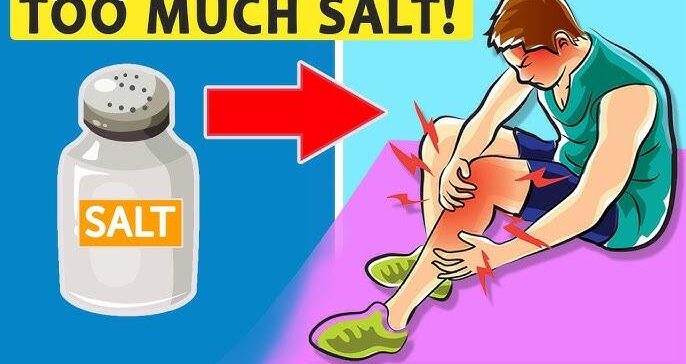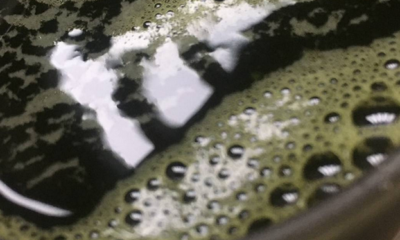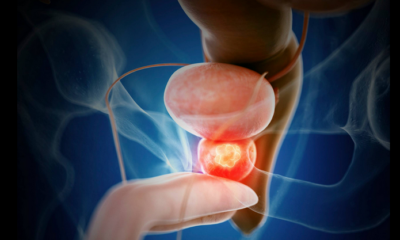Drinking water is a simple yet essential part of daily life, but both scientific research and Islamic teachings suggest that the way we drink water matters more than we might think. In Islam, drinking water while sitting is recommended as an act of following the Prophet Muhammad (peace be upon him). Health studies also reveal that sitting while drinking can have physical benefits, supporting digestion, joint health, and overall well-being. This article explores the reasons behind this practice from both Islamic and scientific perspectives, showing how faith and health are often beautifully aligned......Read Full Article>>
Islamic Etiquette on Drinking Water: The Wisdom of Sitting
In Islam, the Prophet Muhammad provided guidance on various aspects of life, including how to perform simple acts mindfully and respectfully. Drinking water is no exception. According to the Hadith (sayings of the Prophet), Muslims are encouraged to drink while sitting. This practice, known as sunnah, reflects the actions and teachings of the Prophet.
1. The Sunnah of Drinking While Sitting
The Prophet Muhammad advised his followers to sit while drinking, which is considered a sunnah or recommended practice in Islam. Anas ibn Malik reported that the Prophet said, “None of you should drink while standing; if anyone forgets, he should vomit” (Sahih Muslim 2026). Although this may sound strict, scholars agree that the guidance emphasizes the importance of drinking mindfully, honoring the body, and adhering to Islamic manners (adab).
Following the Prophet’s example, or sunnah is more than just a physical act. It is seen as a way to align everyday actions with the teachings of Islam, offering spiritual rewards and a greater sense of purpose in daily life.
2. Permissible Exceptions to Standing
While sitting is preferred, standing to drink water is not strictly forbidden (haram). There are occasions when the Prophet drank while standing, indicating that there are exceptions to the rule. For example, Ibn Abbas reported that the Prophet drank Zamzam water while standing (Sahih Bukhari 5617). Scholars interpret this to mean that while sitting is encouraged, standing is permissible in situations where sitting may be inconvenient or impractical. Islam encourages ease and flexibility, recognizing that rigid rules are not always practical in our daily lives.
3. Health Benefits in the Sitting
Some Islamic scholars believe there are practical health benefits to sitting while drinking, aside from the spiritual reward of following sunnah. Health studies support this view, showing that drinking in a relaxed, seated position can improve digestion, reduce strain on organs, and promote mindful hydration. Islamic teachings often include guidance that promotes physical and spiritual well-being, and this etiquette is no exception.
Scientific Perspective: Health Risks of Drinking Water While Standing
Modern health research adds a new layer of understanding to the Islamic recommendation of sitting while drinking. According to health experts, drinking water while standing can have negative effects on the body due to the stress it places on our tissues, organs, and fluid balance. Here are some of the key health reasons why standing to drink might not be the best approach:
1. Digestive Issues
One of the most immediate effects of drinking water while standing is its impact on digestion. When we drink standing up, water moves through the digestive tract more quickly and hits the stomach with greater force. This can lead to tension in the stomach muscles and disrupts the natural balance of fluids required for effective digestion. Ayurveda, an ancient Indian system of medicine, suggests that drinking in a relaxed state helps the body absorb and utilize fluids better. By contrast, drinking while standing can cause indigestion and even lead to toxin buildup over time.
2. Increased Risk of Joint Pain and Arthritis
Standing while drinking water can also have long-term effects on joint health. Rapid water intake while standing can disrupt the body’s fluid balance, sometimes leading to fluid accumulation in the joints. Over time, this may increase the risk of joint pain or arthritis, especially in those with a family history of joint issues. When fluid builds up in the joints, it can lead to inflammation and discomfort, a risk that can be reduced by sitting down and allowing water to flow through the system in a steady, controlled manner.
3. Respiratory and Cardiovascular Concerns
Drinking water while standing can also impact the respiratory and cardiovascular systems. In a standing position, water flows too quickly through the body, which may prevent essential nutrients and oxygen from being absorbed effectively. The liver and digestive system may also struggle to process nutrients at this rapid pace, leading to possible disruptions in oxygen levels. For proper hydration, a calm and seated position is advised, allowing water to circulate at a slower rate and giving the body time to process nutrients essential for lung and heart function.
4. Kidney Strain and Urinary Issues
The kidneys are most effective when the body is in a relaxed state, as this allows for better filtration of toxins. Drinking water while standing sends fluid through the body too quickly, sometimes reaching the bladder before the kidneys have fully filtered it. Over time, this can strain the kidneys and increase the risk of urinary tract issues as unfiltered water passes into the bladder. By sitting and drinking slowly, we allow the kidneys to filter impurities more thoroughly, promoting better urinary health and reducing strain on these essential organs.
The Right Way to Drink Water: Sit and Relax
To get the most out of each sip, experts recommend sitting down in a relaxed position with a straight back. This position encourages better posture and allows the digestive system to operate smoothly. Drinking slowly while seated helps ensure a controlled flow, allowing water to hydrate the body gradually and reach vital organs more effectively.
In Islamic teachings, sitting while drinking also fosters mindfulness and gratitude, which is a central principle in Islam. The simple act of sitting encourages a thoughtful approach to hydration, turning each sip into a moment of reflection and appreciation for the blessings of water.
Conclusion: How Faith and Science Align in Daily Practice
Both Islamic guidance and scientific research underscore the benefits of drinking water while sitting. In Islam, drinking while seated follows the sunnah of the Prophet, providing spiritual benefits and promoting mindful living. Health studies reveal that sitting while drinking also offers physical benefits, supporting digestion, joint health, and kidney function, while reducing the strain on various organs.
By embracing the simple yet profound habit of sitting while drinking, we can enhance our well-being and connect with a timeless wisdom that unites faith and health. Small habits can have significant impacts, and in this case, the choice to drink water while seated brings physical, spiritual, and mental rewards.




















